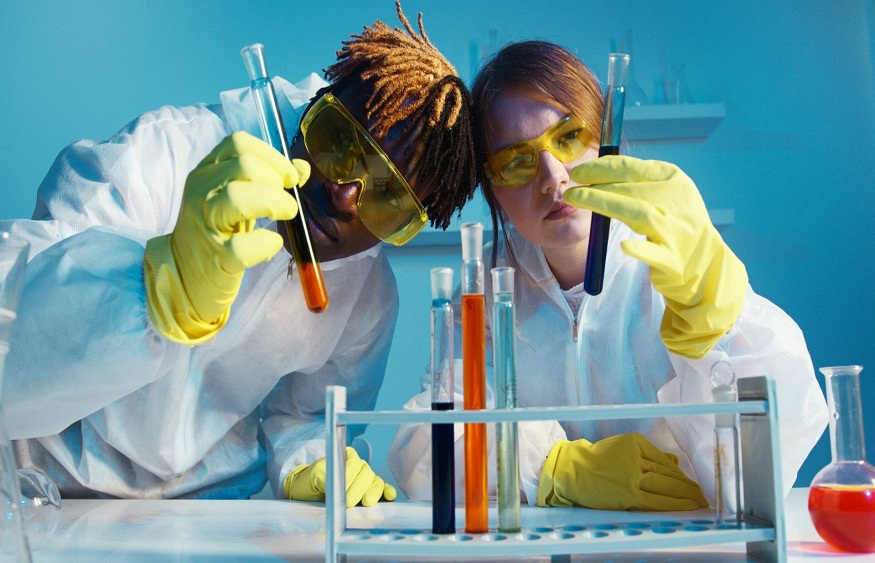The development of new pharmaceuticals is an intricate and expensive endeavor, with only around 10% of drug candidates ultimately reaching the market. Improving this process is crucial, and leveraging vast datasets alongside artificial intelligence (AI) has the potential to revolutionize drug creation.
The fusion of life sciences, robotics, and computational technologies has significantly sped up pharmaceutical research. By utilizing large datasets and AI-powered analytics, the industry is now able to explore new frontiers in drug discovery. But how do big data and AI drive advancements in the drug development process?
Big data and AI are at the heart of collaboration in drug discovery. They play a vital role in identifying promising drug candidates and evaluating their market potential. Through AI and machine learning, complex data is processed more efficiently, leading to better decision-making and faster introductions of new drugs to the market. The use of transgenic rats has also expanded, aiding in the identification and creation of innovative treatments.
Despite the high costs involved in drug development, the pharmaceutical industry offers substantial financial rewards, with projections showing the market surpassing $71 billion by 2025. This growth is being fueled by technological advancements and the successful application of big data and AI, both of which are key to advancing healthcare and continuing the evolution of drug discovery.
For further details about the drug discovery process and potential future improvements, refer to the comprehensive resource provided below.




